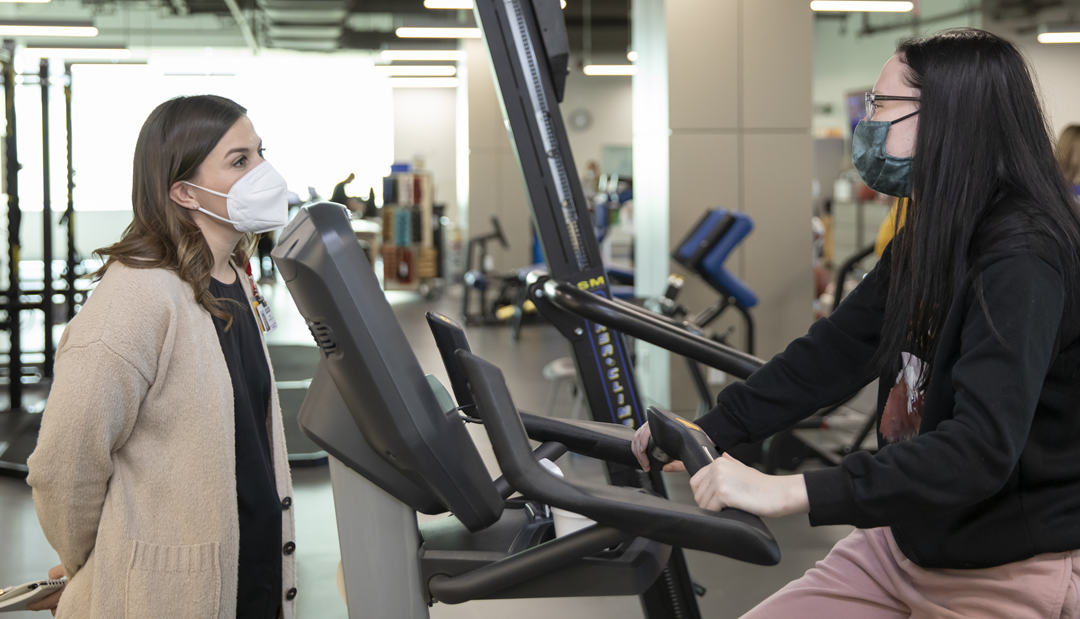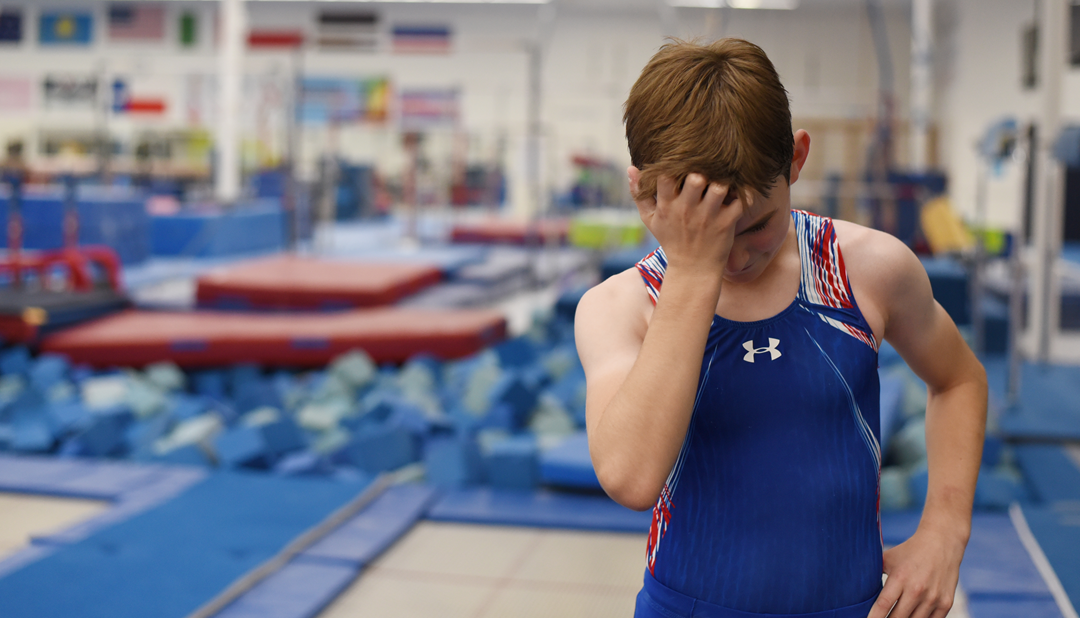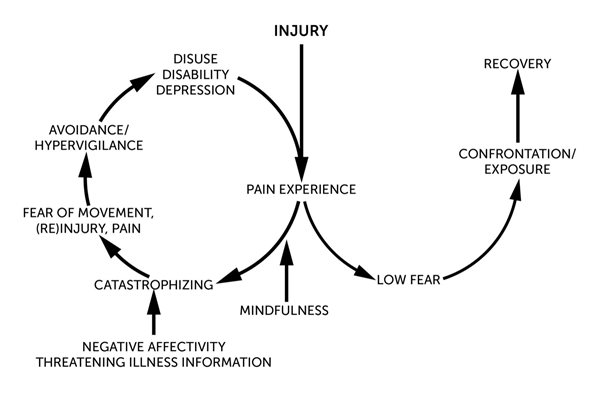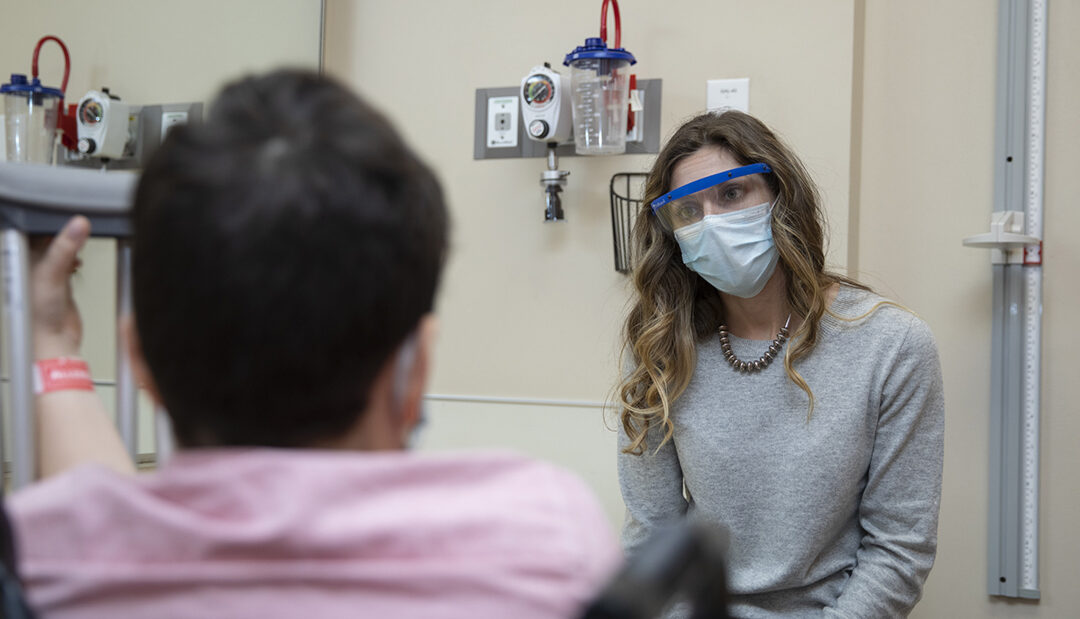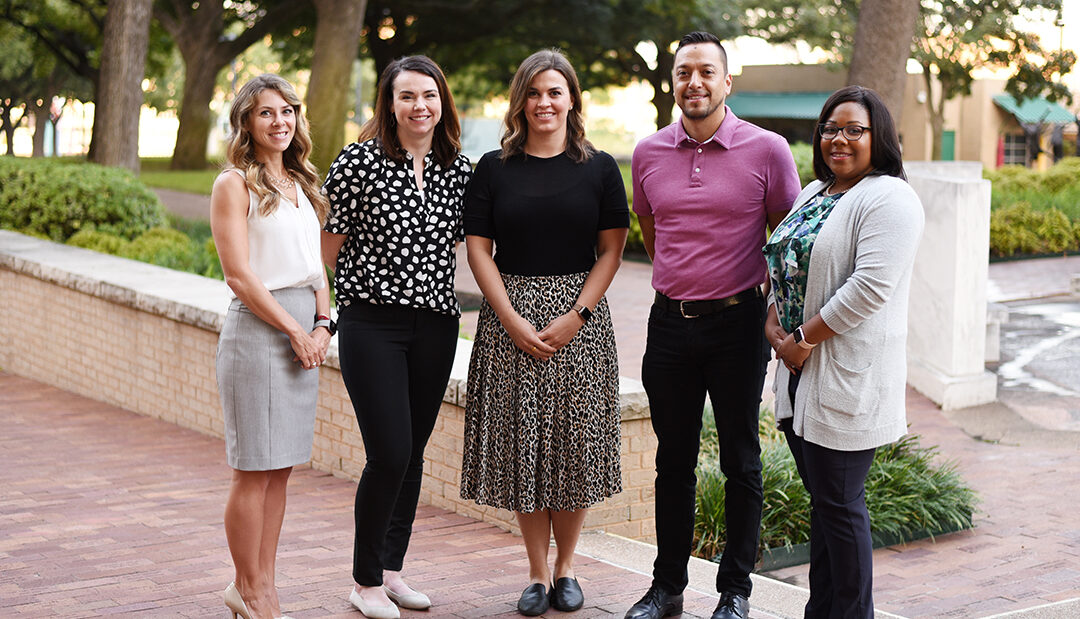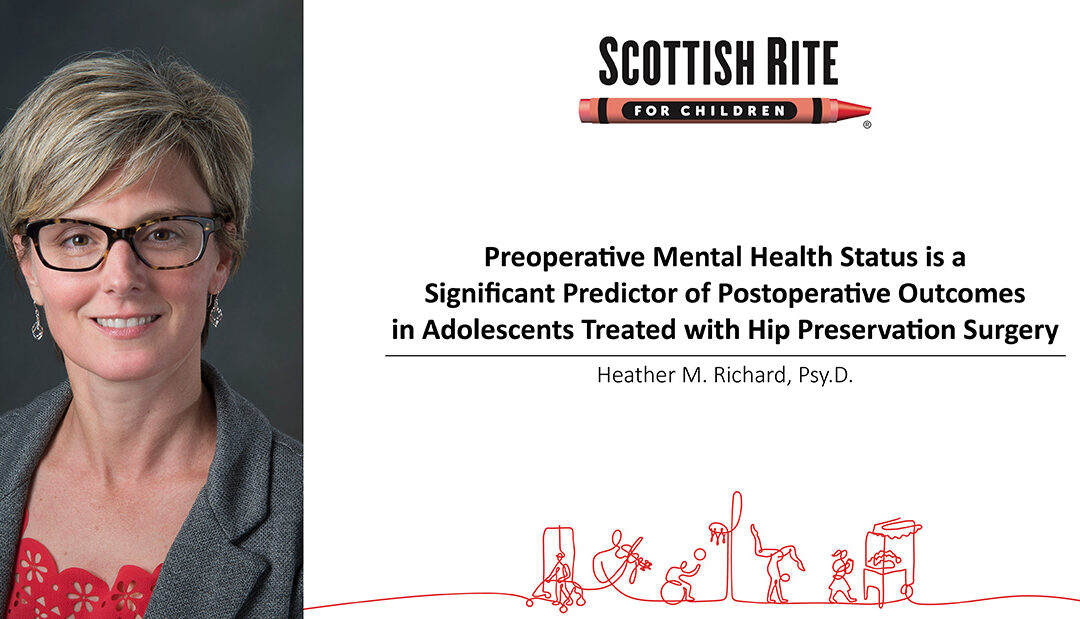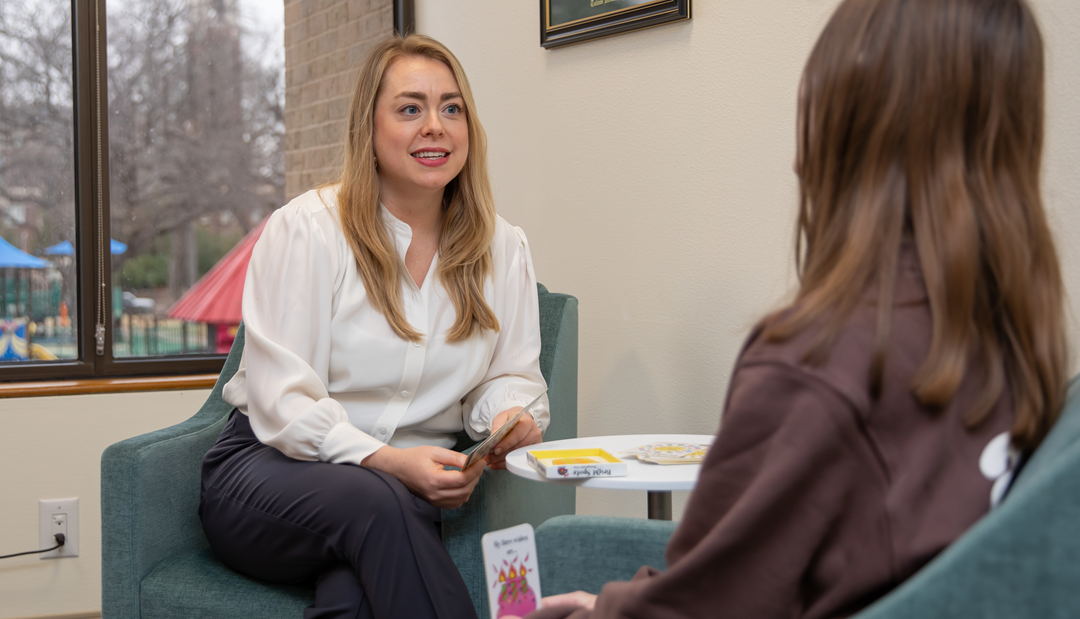
Modern Luxury: Champions for Change
Scottish Rite for Children is leading the charge to ensure that children’s mental health is top of mind.
By. Abra Garrett
In 2021, the American Academy of Pediatrics, the American Academy of Child and Adolescent Psychiatry, and the Children’s Hospital Association joined together to declare a national state of emergency in children’s mental health. Drawing on data from the National Survey of Children’s Health, 2022 showed children in the United States to be experiencing unprecedented rates of depression and anxiety. Scottish Rite for Children (scottishriteforchildren.org) has worked extensively treating kids with orthopedic conditions and researching how these disorders impact their mental health. To be seen by their in-house psychologists, a child needs to be an orthopedic patient at Scottish Rite; however, their expertise is useful for all parents, teachers and caregivers.
Dr. Jill M. West, the director of psychological services at Scottish Rite for Children and a licensed pediatric psychologist, as well as the parent of two young children, understands the importance of talking about mental and behavioral health, both personally and professionally. “The rates of mental and behavioral health needs of children and adolescents have steadily increased since 2011,” West explains. She says this change corresponds with the growing availability of smartphones and daily usage becoming a ubiquitous part of being an American youth.
“COVID-19 undoubtedly exacerbated an already building problem,” West says. “It’s not all bad, though—kids and teens appear to feel more comfortable sharing what they are experiencing and reaching out for help.” She says this helps to decrease stigma around mental and behavioral health needs and is serving as a catalyst for efforts to attempt improving access to care.
“Unfortunately, the demand for mental and behavioral health services presently has outpaced the number of clinicians available to offer support in most places, yielding long waiting lists and sometimes leaving parents feeling helpless,” West says. Tools like the Stress Management Workbook, created by the staff at Scottish Rite for Children, give families access to strategies they can begin to implement on their own.
For additional help, West had suggestions for healthy ways for parents and children to interact with digital media together. “Another one of my favorite strategies is the idea of co-using screens with your kids,” she says. “For instance, if your child loves TikTok or loves playing Minecraft, make a point to view it with them for 15 or 20 minutes per day.” She explains this gesture can take an activity that is usually done independently and make it an activity that becomes more social. “Spending time engaging with your child in something they enjoy is important, and it may naturally spark conversation or interest in what they are doing,” West says.
Parenting-related stress is an important variable to attend to as well. “You may be feeling as though every time you look at social media, there is another recommendation about how to be a ‘better’ parent,” West says. “That can be overwhelming and confusing when you know you are already doing your best.” She recommends setting aside some time each day that is screen-free, for you and your children, to give everyone a chance to reset and focus on real-life connections. “Remember that your pediatrician’s office is also a good place to bring up concerns about your child’s mental or behavioral health,” she says. “Primary care practices increasingly have access to embedded or co-located behavioral health services and can make a referral for services.”
Meanwhile, in Houston, Texas Children’s Hospital (texaschildrens.org) announced in December of 2022 the implementation of a communitybased approach to the rising pediatric behavioral crisis. One of the nation’s largest children’s hospitals, Texas Children’s raised over $11 million to launch several behavioral and mental health initiatives, which include the following priorities: training frontline pediatricians on behavioral healthcare, embedding psychiatrists and psychologists in Texas Children’s Pediatrics clinics, building an intensive outpatient program, increasing emergency center staff and safe treatment spaces, and implementing specially designed programs to help employees identify warning signs of suicide and tools for navigating these challenging situations. “These services are desperately needed, and we are committed to providing them because we believe that the behavioral and developmental health of children, adolescents and teens is just as important as their physical well-being,” says Dr. Kirti Saxena, chief of psychiatry at Texas Children’s Hospital and associate professor of psychiatry and behavioral sciences at Baylor College of Medicine.
While the statistics can be daunting, if not downright discouraging, it is vital to note that some of the most celebrated experts in the state have made it their mission to address head-on the issues that our children, teens and young adults are facing today. With their commitment to normalize the conversation and proactively address the challenges that have accompanied the last decade plus, parents and caregivers will have access to guidance and expertise to help navigate these unprecedented times.
